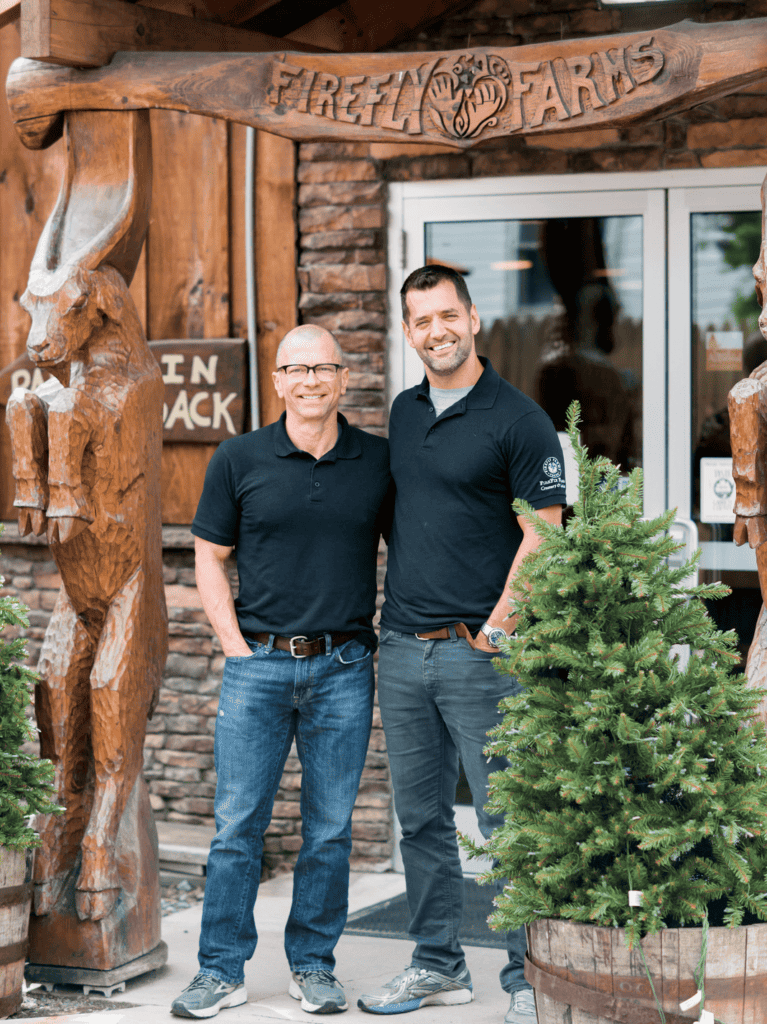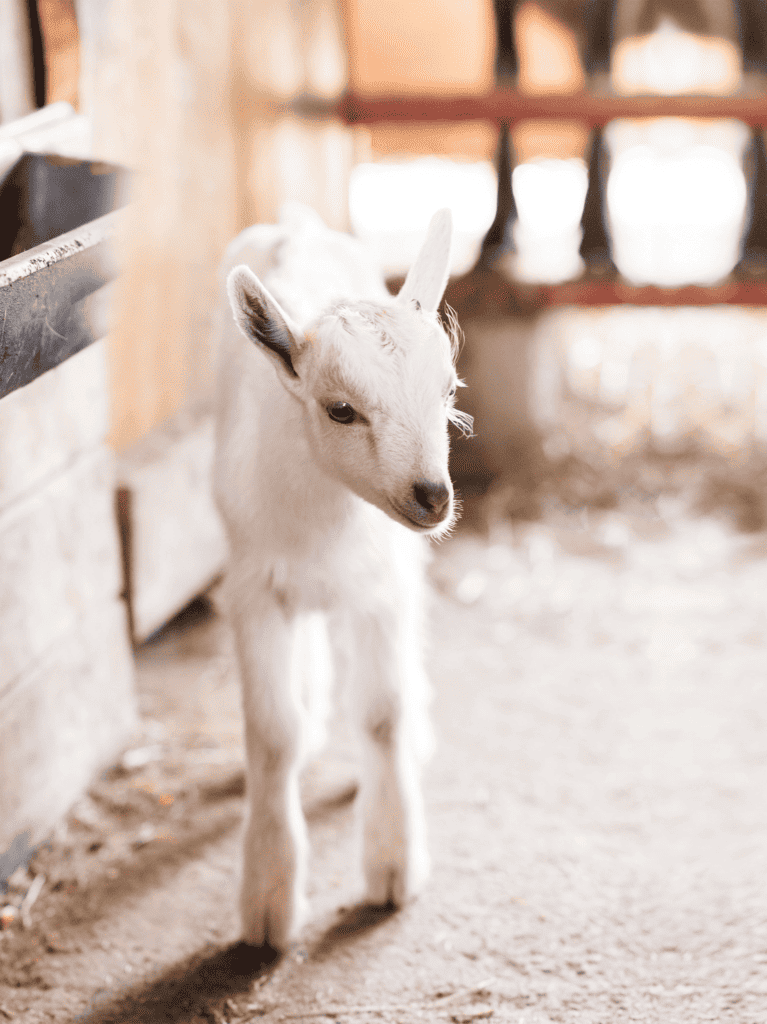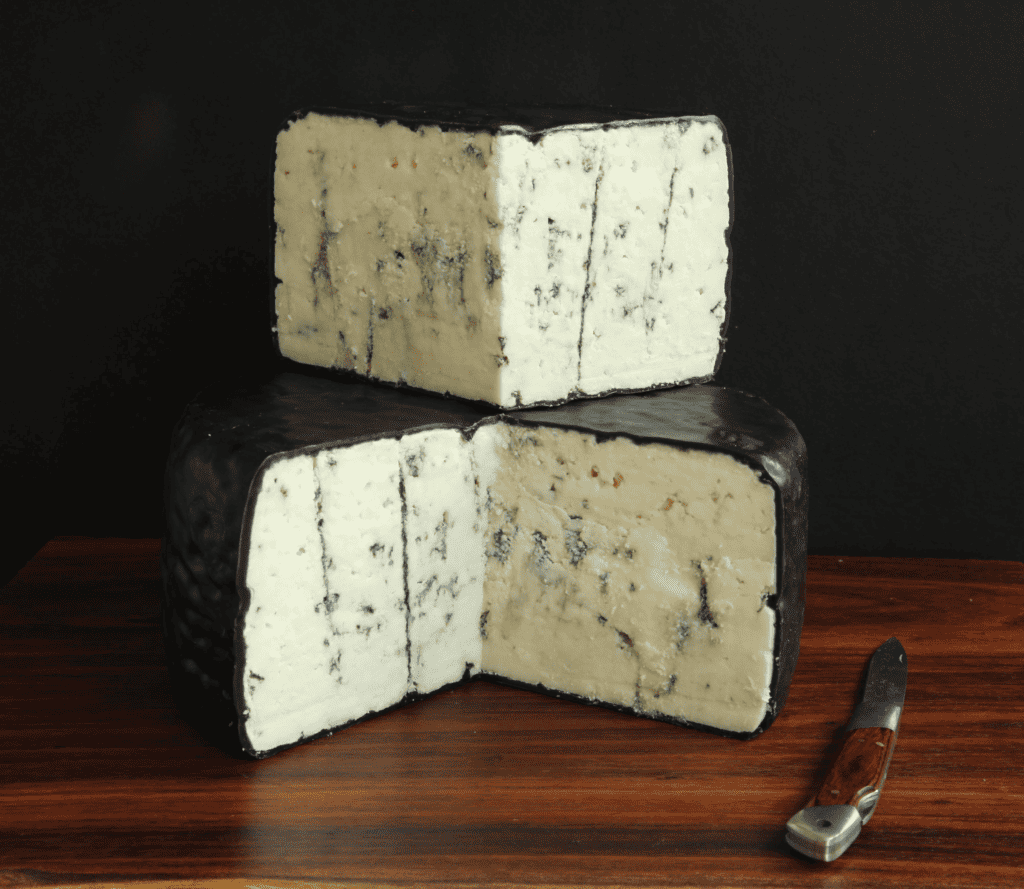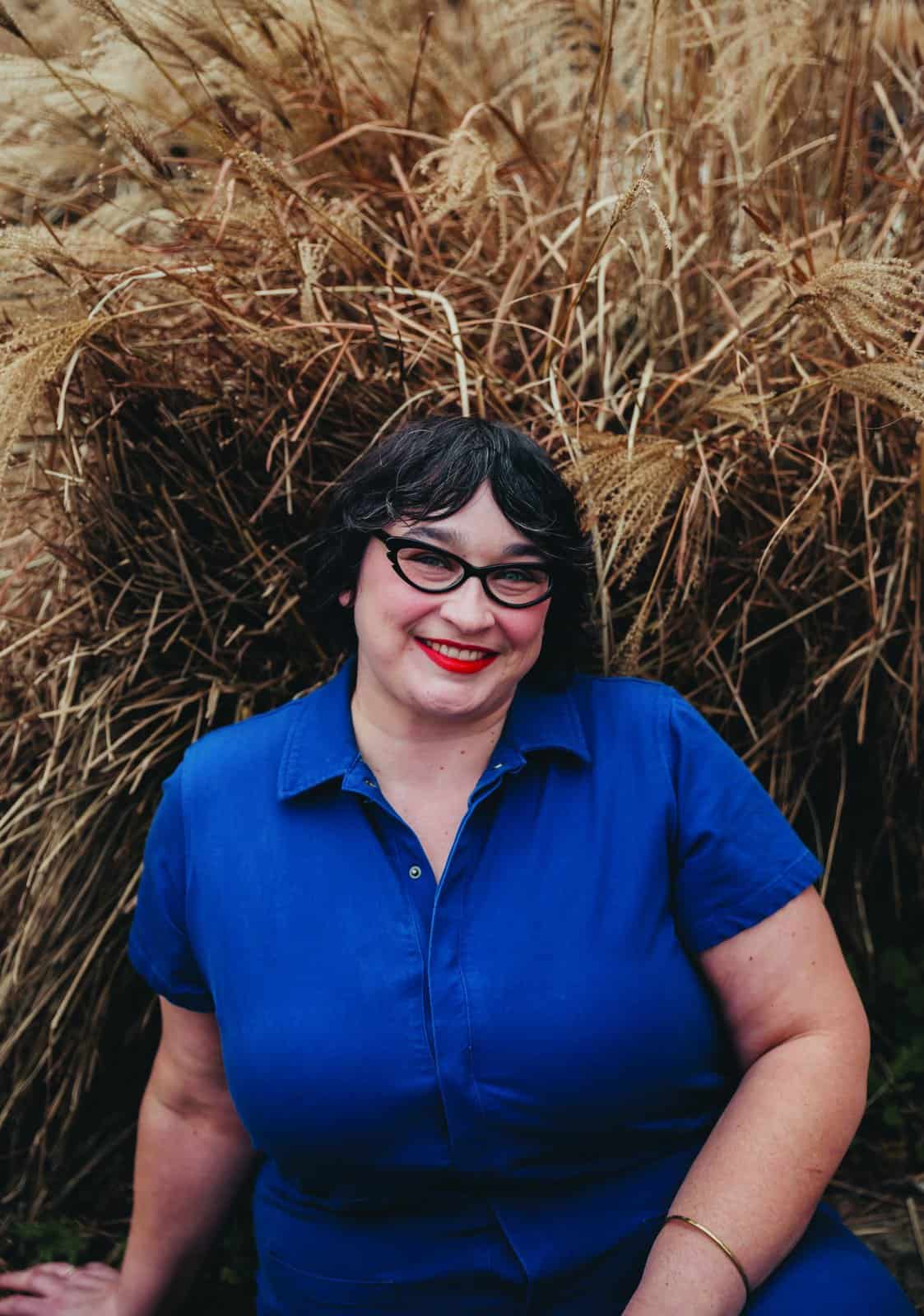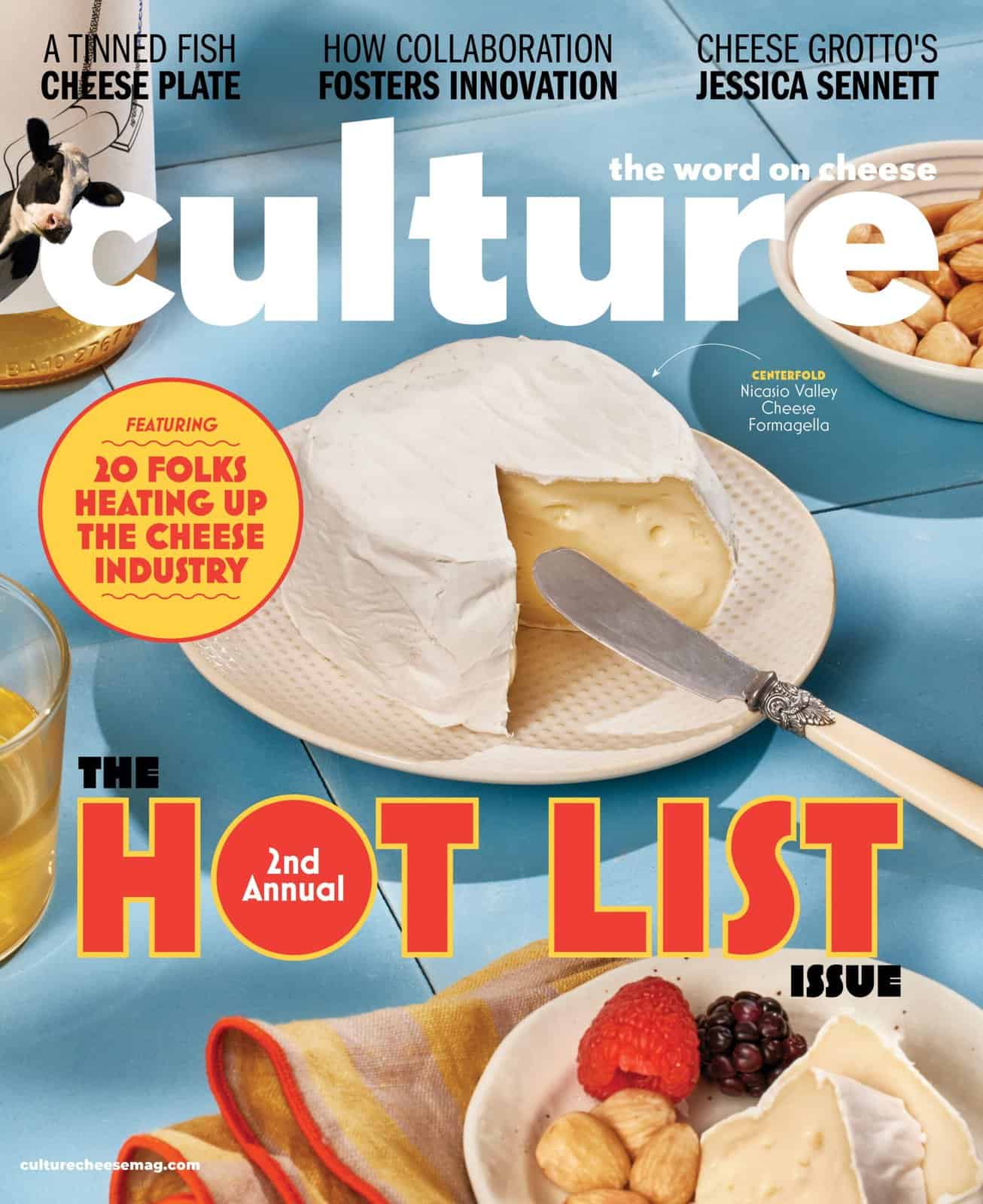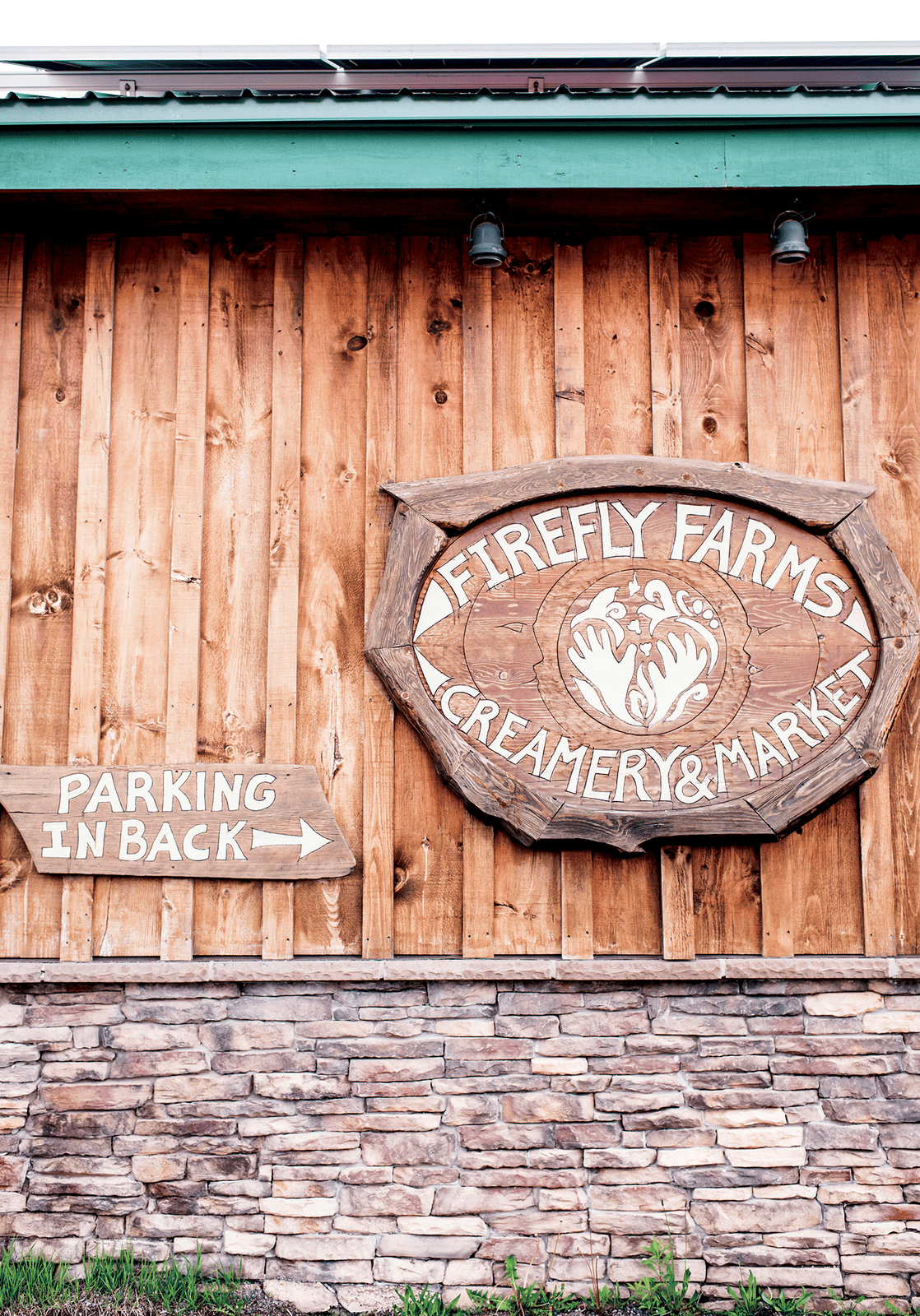
Two pieces of advice have shaped FireFly Farms’ president Mike Koch’s career: “My father taught me that longevity at a single company is important,” says Koch. “You shouldn’t be a job-hopper. That was a bad word in a Swiss-German family.” The other was drilled into him by mentors during a 20-year career in the corporate world. “Fail fast, but be honest,” he says. In other words, try new things in good faith—and if they don’t work, pivot.
The story of the artisan goat cheese company—which Koch co-founded in 2002 with his husband and business partner Pablo Solanet—has been shaped by the seemingly opposing ideas of faithful commitment and constant experimentation. Over two decades in business, the creamery has earned armloads of national and international awards, expanded its product line from three flagship cheeses to more than 10, and shown that a sustainable, farm-based business can provide quality jobs and launch careers in Appalachia.
Deep Creek, home to the company’s compact production space and nearby cheese shop, attracts vacationers from Baltimore, Washington, D.C., and Pittsburgh with swimming, boating, and hiking in summer and skiing in winter. In a landscape dotted with small farms, the region’s workforce relies on tourism, agriculture, and industries such as construction and manufacturing. But full-time, living-wage opportunities are rare.

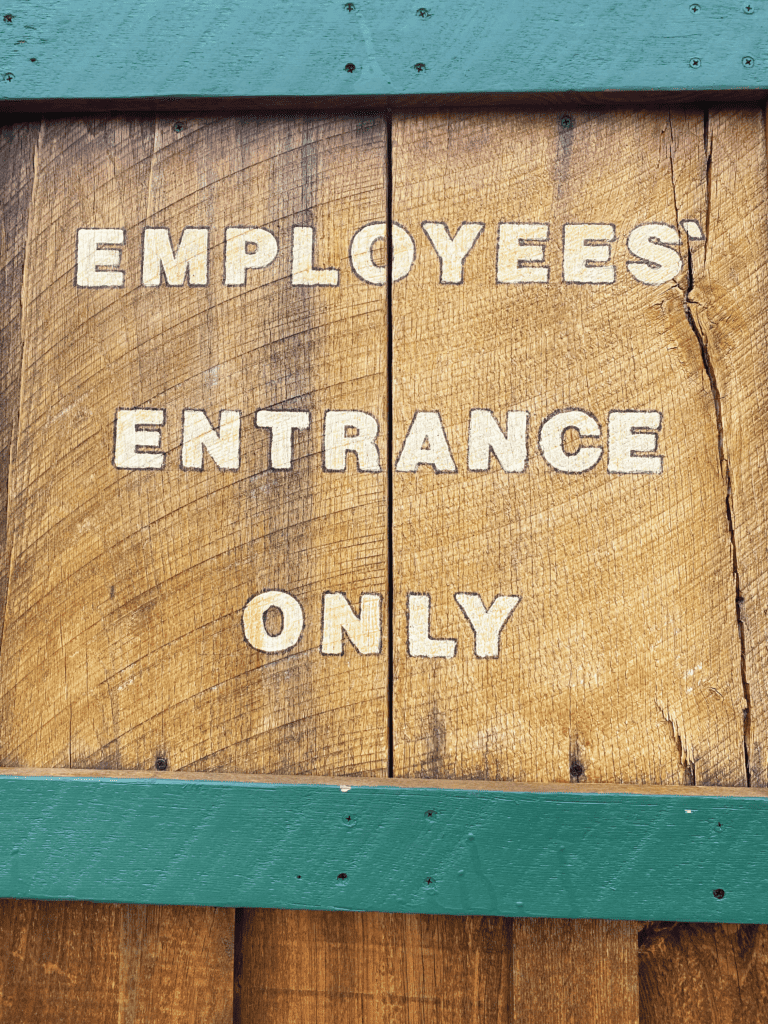
“From the beginning we were committed to creating jobs,” Koch says. “If we could create a large value-added network for milk, we could help keep farmers in business. The other aspect was creating head-of-household, wage- earning jobs in Appalachia, which are not that common.”
Today, you can buy FireFly Farms’ goat cheeses at a co-op grocery store in North Carolina, at an independent cheese shop in New York, or at a supermarket in Northern California. Their chèvre garnishes salads at Sweetgreen stores in the Mid-Atlantic, and you can order the company’s cheese online from just about anywhere in the United States.
Their sought-after wheels might be easy to find, but the creamery itself is off the beaten path. Firefly is headquartered in the western tip of Maryland, less than 30 minutes on hilly rural highways from the West Virginia state line. If your idea of the Old Line State is based on blue crabs and what you can see from I-95, this thin sliver of forests, fields, and mountains feels like somewhere else completely.
BUSINESS AND LIFE PARTNERS
It’s a place Koch and Argentine-born Solanet, a chef, fell in love with early in their relationship—another success story that’s shaped and paralleled the creamery’s. The couple has been together since 1995, when they met on the dancefloor at a gay bar. “I was shirtless in red jeans and he was shirtless in leather suspenders,” Koch says. “We went home together and we haven’t been apart since. He is the crowning blessing of my life.”
After a few false starts—painting, biomedical engineering, English literature, chemistry, and competitive swimming—Koch found his way into the corporate world, climbing the career ladder to head up marketing and communications for Fannie Mae. Instead of putting their money in the market, he and Solanet invested in an 1865 farmhouse in the town of Accident, not far from Deep Creek, and split their time between the country and D.C. The couple launched FireFly Farms six years before the 2008 financial crash, when Koch decided it was time to exit the corporate world.
“I’m a die-hard optimist. I’ll try anything,” Koch says. That includes running FireFly as a farmstead cheese business first so he and Solanet could learn the ins and outs of operating a creamery. Milking animals themselves gave the couple essential cred when it came to the company’s next phase: working with area dairy farmers looking for an alternative to a tanking fluid milk market.
“If you go to a farmer and say, ‘I’m a brand-new cheesemaker and I’d like to buy your milk,’ you’re not going to find anybody who will leave their milk market and sell to an unproven buyer,” he says. “We had to prove ourselves first.”
Today, Firefly sources goat’s and cow’s milk from 13 dairy farms located within 30 miles of Deep Creek, with another four further afield they can call on as needed. The company’s initial slate of cheeses—fresh chèvre, blue-dusted lactic bloomy-rind Mountain Top, and soft- ripened Merry Goat Round, all chosen for their quick-turnaround production that returns cash flow to the company in as little as 30 days—has grown to nearly a dozen. Between June 2022 and June 2023, the FireFly team produced 272,000 pounds of cheese, mostly made from goat’s milk.
PROMOTING JOB GROWTH
Koch saw how a business like FireFly could make a substantial community impact during a stint heading up Garrett County’s Department of Business Development, and it informed his and Solanet’s mission to create good-paying jobs that can grow into careers.
“We’re very competitive for the area with what we’re paying, the benefits that we offer,” says Dan Porter, who started in FireFly’s cheese room as a teen in 2004. He’s since been promoted to director of operations, with a seat on the company’s board. “A lot of other jobs here are service jobs. You could make good money in the summer and in ski season, but in the shoulder seasons, it gets kind of slow.”
The company now employs 24 full-time workers at its production facility and cheese shop, which spun
off into its own location in 2011. In addition to solid wages, health and retirement benefits, paid time
off, and sick leave, the workplace is structured so staff can explore their own interests while contributing to the success of the business. “Everyone starts as a cheesemaker. Then we try to understand what else makes them happy—food safety, affinage, fulfillment,” Koch says. “You keep a foot in the make room, but you start to add value to the company in other ways.”
The COVID pandemic triggered a flurry of pivots, including opening and closing a sandwich stand in a Baltimore food hall, investing in automation at the plant for simple tasks that include wrapping cheese, and reconsidering the idea that growing bigger is always better.
“Scale is complicated by exit strategy planning,” Koch says. He’s in his early sixties, and after Solanet recently recovered from a cancer scare, the couple feels ready to slow down. “It’s not going to happen tomorrow, but we need to start thinking about what’s next.” One path is acquisition, which requires more growth. But Koch and Solanet found that chasing scale isn’t always good for business. Now, they’re rethinking the future of FireFly.
“Instead of acquisition, which has its plusses and minuses, we’re considering all sorts of things, like a transition to employee ownership,” Koch says.
That focus on the future also includes investments in sustainability: powering the cheese plant with their own solar array, making energy-conserving electrical upgrades in the production space, and capturing nutrient-rich whey from cheesemaking and returning it to farmers to use as pig feed or fertilizer for crops.
“We think about our packaging, water use, energy use, and the sustainability of our farms,” Koch says. Part of FireFly’s vendor relationship with Sweetgreen, which purchases the creamery’s fresh chèvre and cow’s milk blue, includes sustainability benchmarks as part of its own zero-carbon mission. “They’ve come out and measured our carbon footprint, which is thrilling for us, so now we’re able to track its progress towards zero and hopefully one day, regenerative status,” Koch says. “That would be my happy thought.


